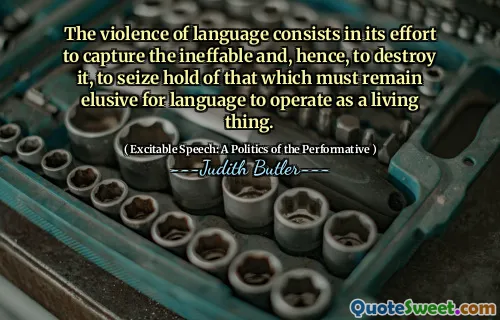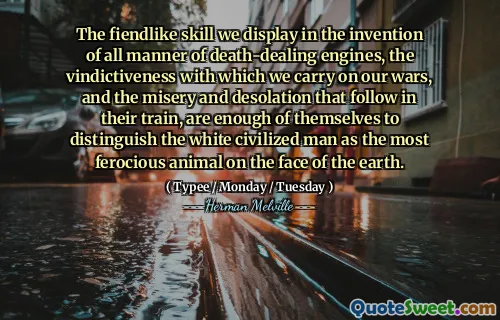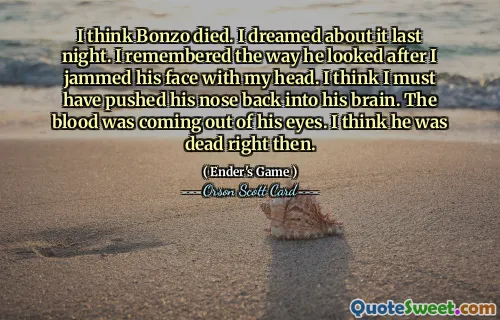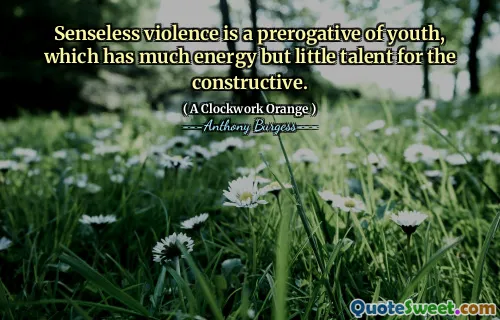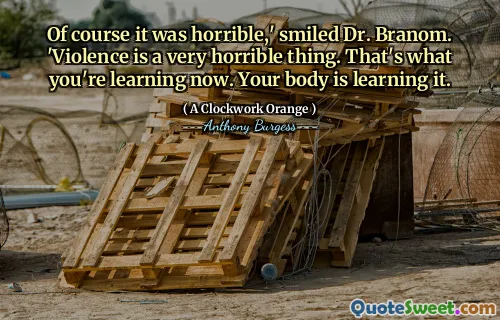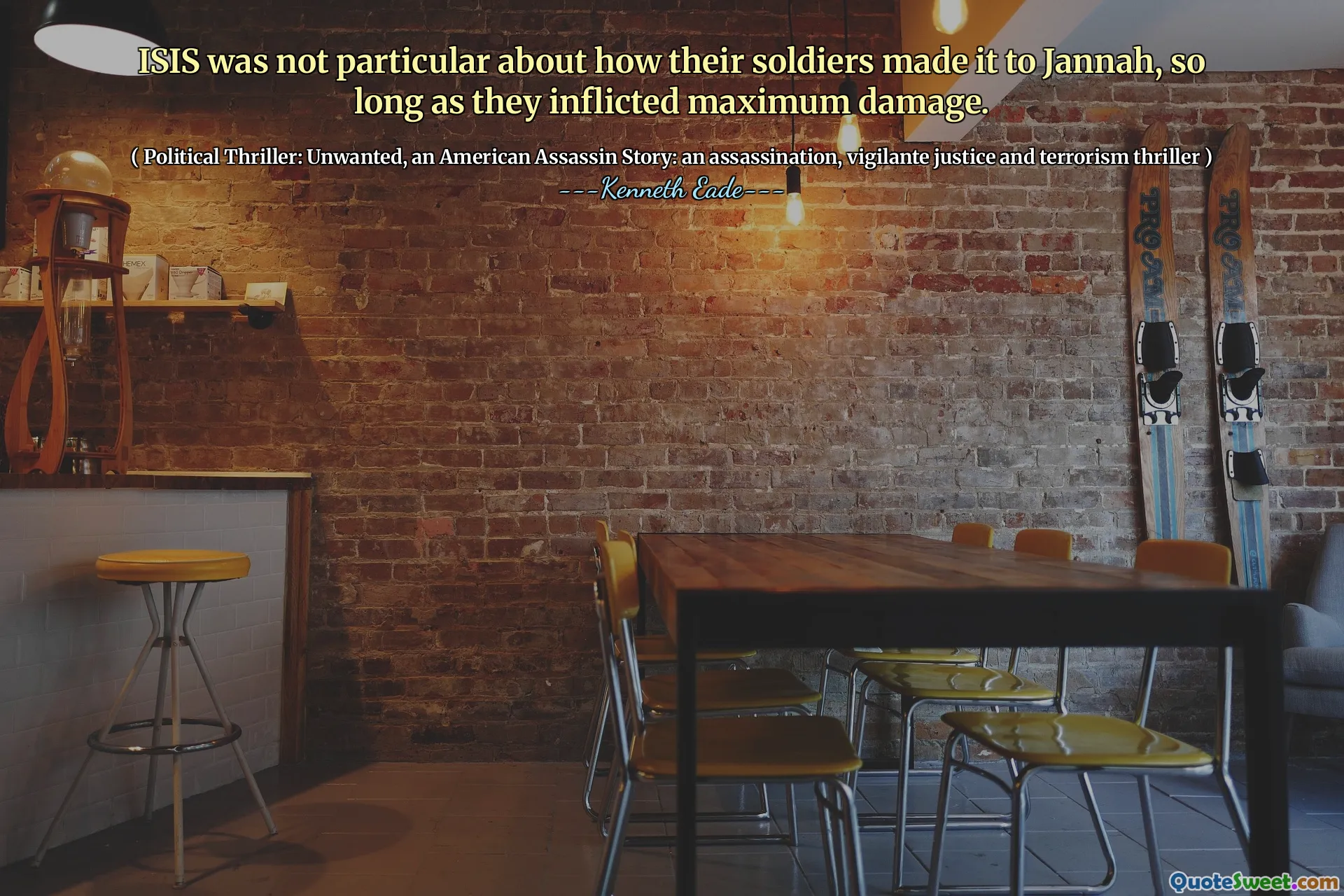
ISIS was not particular about how their soldiers made it to Jannah, so long as they inflicted maximum damage.
The quote starkly highlights the brutal and indiscriminate approach of ISIS in pursuing their violent objectives. It underscores a disturbing ideology where, regardless of the methods involved—be it sacrifice, violence, or destruction—the ultimate goal is to achieve a promised heaven, or Jannah, through acts that cause maximum harm. This mindset reflects a severe distortion of religious principles, turning faith into a justification for terrorism and indiscriminate violence. Such a perspective fosters an environment where human life becomes secondary to ideological gains, obliterating the moral boundaries that differentiate between right and wrong. The emphasis on inflicting maximum damage reveals not only their tactical priorities but also a psychological disposition fueled by fanaticism, zealotry, and a warped interpretation of victory. From a societal perspective, this approach instills fear, destabilizes communities, and perpetuates cycles of violence that are difficult to contain. It also raises urgent questions about the roots of such ideologies, the socioeconomic conditions that nurture them, and the strategies to counteract their influence. Understanding the mindset behind such statements is crucial for developing effective counter-terrorism measures, deradicalization programs, and fostering dialogues that promote peace and tolerance. Ultimately, this quote serves as a grim reminder of the destructive potential of extremist ideologies when divorced from ethical and humanistic principles.

